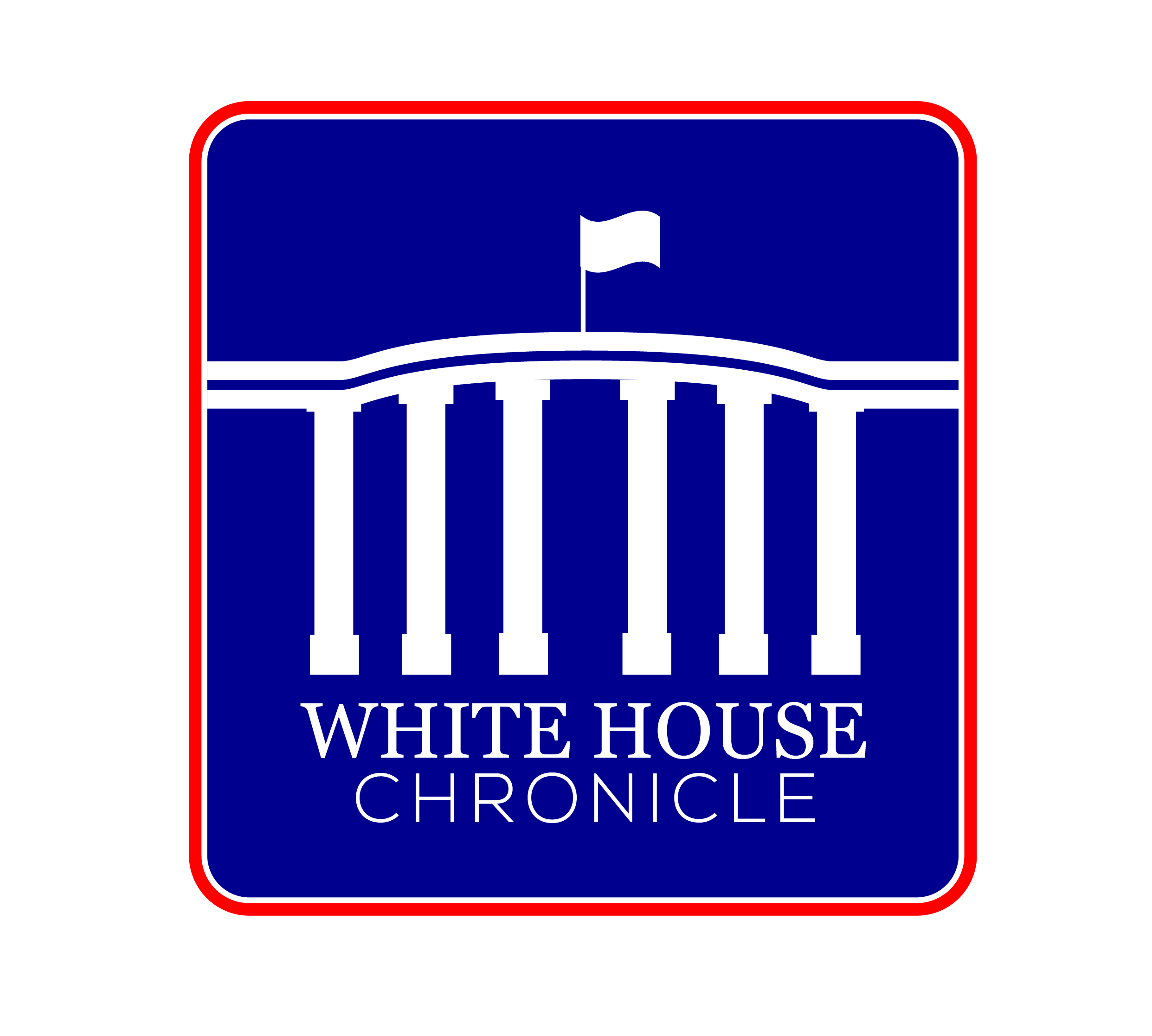The U.S. Chamber of Commerce said Wednesday it will attempt to do what a string of economists and urban planners couldn’t: persuade the Congress to raise the federal gasoline tax to pay for better roads. — The Wall Street Journal
For all the problems that automobiles bring in society, they are wondrous things. They are, in a way, emblems of freedom. Surely private, discreet mobility is nearly beyond price?
There’s a price and a high one at that: pollution, congestion, sprawl, accident lethality and the geopolitics of oil. But oh, the joy of turning the key and heading to a highway; free, anonymous and among your own things (or your own mess, to be precise), listening to your choice of music–your life briefly in your control.
So far, the joys of the personal car have mysteriously evaded the attention of major poets and composers. Maybe it’s because cars bring joy equally to the proletariat and to the elite.
The primary differentiation between vehicles is not aesthetic but financial. A neat car, like a Bentley or a Maybach, costs money, lots of it, compared to, say, a Ford Focus. Yet their function is identical: they move us around.
Just four times in the 100-plus-year history of the automobile has a truly classless–in the sense that blue jeans are classless–car appeared on the streets. These were vehicles driven by the wealthy and the lowly with equal enthusiasm. They were the Ford Model T, the Ford A, the Volkswagen Beetle and the Morris Minor. All were owned and driven across the social spectrum.
It is an American conceit to believe that our love affair with the automobile is unique. It isn’t: It’s as universal as love itself. The poorest Indian dreams of abandoning the bullock cart for the automobile and even Europeans, who are well served with public transportation, love their cars.
One of the first consequences of Irish prosperity was that Dublin became a traffic jam. The Irish folk song goes, In Dublin’s fair city where the girls are so pretty/ I once met a girl named sweet Molly Malone/and she wheeled her wheel barrow/ through the streets broad and narrow/
singing cockles and mussels alive alive oh. Well, Molly would have a hell of a job in today’s traffic.
When Britain opened its beltway around London–known as the M25 corridor or Orbital–in 1986, so many cars took to the road traffic stopped dead, despite designated speed of 70 mph.
What has happened in western Europe is that driving has become more of a recreational activity, and commuting to work is close to mandatory. London, for example, is the second great city in the world to impose a stiff charge on private cars entering the downtown. The first was Singapore.
Mayor Michael Bloomberg would like to do something similar in New York City, but he faces too many jurisdictions that feed traffic into the city. Other American cities do not have the public transportation infrastructure to be able to contemplate choking them off during the week.
New housing developments everywhere are antithetical to public transportation. The cul-de-sac is hard enough to get a fire truck into, let alone to run buses.
A second problem, after congestion, is where are we going to get the oil to fuel the fleet of cars which is growing exponentially around the world, with most that growth in China and India? That future, for a period of 60 or so years, could be natural gas or electricity–and the smart money is on electricity. The rub is that batteries are not yet up to the task; and today’s gasoline and diesel automobile needs a lot of power for non-motion functions, like air conditioning, lights, power windows, seats and trunks.
Will electric vehicles reach market fast enough? That depends on the thorny issue of geopolitics, religious fanaticism, royal families, and prosperity in India and China.
How to proceed? The government would like to move everything forward, but the Department of Energy is having difficulty getting research and development money out of the door, while local jurisdictions are cutting back on highway funds.
Enter the U.S. Chamber of Commerce with an unlikely proposal for a business group: a fuel tax devoted to transportation solutions. It’s radical, unexpected and comes from an organization with right-of-center clout.
Maybe one day, we’ll again tool down the open road—well, get into a stream of traffic that moves, whether it’s with hydrocarbon or electric fuel. Varoom! –For Hearst-New York Times Syndicate

 Follow
Follow
Leave a Reply